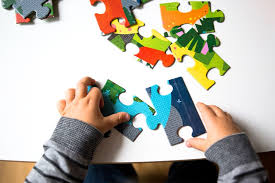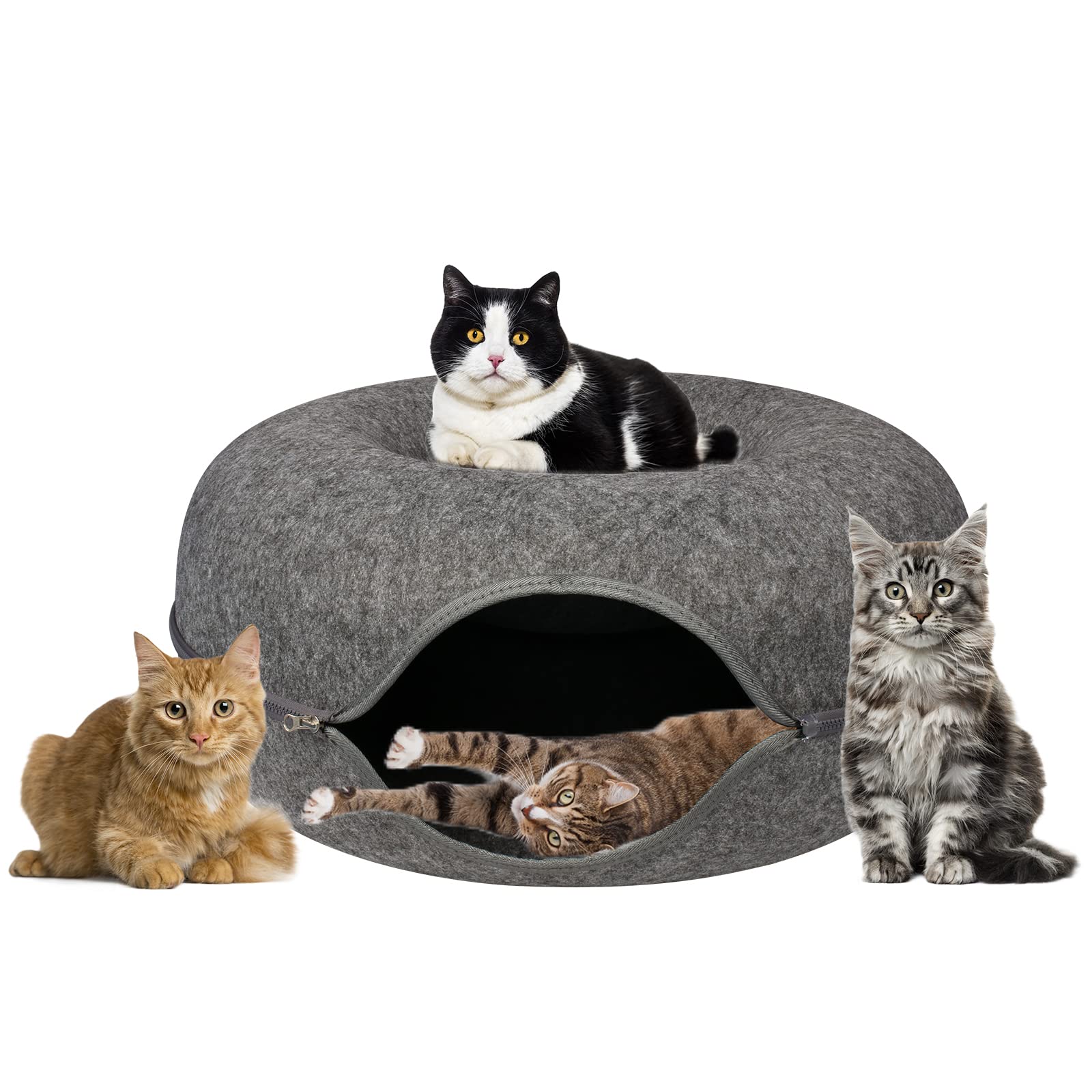Benefits of puzzles for toddlers

For many years, puzzles have been popular in Australian households and early learning facilities. They’re simple to use, inexpensive, and incredibly effective at keeping children’s hands busy and minds active. Puzzles are more than just a fun activity for toddlers; they also help them learn skills that will serve them well throughout their adult lives.
This article will discuss the primary benefits of puzzles for toddlers, why they are so beneficial to young children, and how parents may make the most of this enjoyable activity.
Boosts problem-solving skills
Problem-solving is one of the most valuable skills a child can learn at a young age. Toddlers can experiment with ideas, make mistakes, and find solutions without fear of failure while doing puzzles.
When a child picks up a puzzle piece and tries to place it in the correct location, they are learning about shapes, how things fit together, and how to think through difficulties. These small mental challenges help you become more resilient and rational over time.
Improves fine motor development
Toddlers’ hand-eye coordination improves when they pick up, manipulate, and position puzzle pieces properly. These little, precise actions also help children strengthen their fine motor skills, which are required for tasks such as holding a pencil, buttoning a blouse, and using cutlery.
Puzzles with large, chunky pieces are beneficial to younger toddlers since they are simpler to handle and move about. As their fine motor abilities improve, parents can gradually introduce puzzles with smaller pieces and more complex designs.
Encourages memory and concentration
Puzzles are an excellent way to help a toddler recall information. While working on a puzzle, children learn to remember which components fit together, where specific colors or shapes go, and the order in which they solved the puzzle the previous time.
This repetition not only helps you recall information, but it also teaches you patience and concentration. To complete a puzzle, children must be able to focus, which is a skill that will come in handy when they begin school. To gain more ideas about the proper type of puzzle for a 3-year-old, read about why it’s a good choice and how it helps kids learn through play.
Builds confidence and a sense of achievement
A toddler feels good about themselves after completing a puzzle. That brief moment when the final piece fits properly can make a child extremely pleased.
This type of positive feedback builds their confidence and encourages them to take on new challenges. They become more motivated to try harder puzzles over time, which helps children develop a growth mindset and perseverance.
Supports language and social skills
Puzzles can be done with others as well as on your own. When parents, siblings, or friends play with toddlers, they acquire important social skills such as sharing, taking turns, and communicating with one another.
Talking about the puzzle’s images, such as animals, vehicles, or numbers, allows you to acquire new vocabulary and concepts. Parents can take advantage of this opportunity to ask questions and initiate conversations that will assist their child’s language skills develop even further.
Teaches early STEM concepts
Puzzles can help children learn about science, technology, engineering, and mathematics (STEM) even before they begin school.
Basic STEM skills include pattern recognition, puzzle piece sorting by color or shape, and spatial reasoning. Parents may make learning a natural part of the pleasure by selecting puzzles with topics such as numbers, the alphabet, or basic science. This helpful guide to puzzle choosing for 3-year-olds provides numerous developmental benefits that you may learn about to assist you choose the best designs for your child.
Tips for parents when choosing puzzles
Here are some things to consider while choosing puzzles for toddlers.
- Start simple – Begin with simple puzzles with large, bright pieces and not too many of them.
- Pick familiar themes – Choose subjects that children are familiar with, such as animals, everyday objects, and their favorite personalities.
- Focus on durability – Concentrate on how long they last. Wooden or durable cardboard puzzles can withstand a lot of abuse.
- Gradually increase difficulty – Make things harder over time. As your youngster becomes bigger and smarter, challenge him or her with more difficult puzzles.
- Encourage independence – Encourage independence by providing your child guidance while allowing them to solve the challenge on their own when possible.
Final thoughts
Puzzles are a fun and educational hobby that helps children develop in a variety of ways. Puzzles are a small investment that pays dividends in the long run. They can assist children develop their problem-solving abilities and fine motor skills. For toddlers, they are a fun and effective way to learn, grow, and gain confidence—skills that will benefit them in the future.
For information visit: dailypost & helsinkiuutiset


